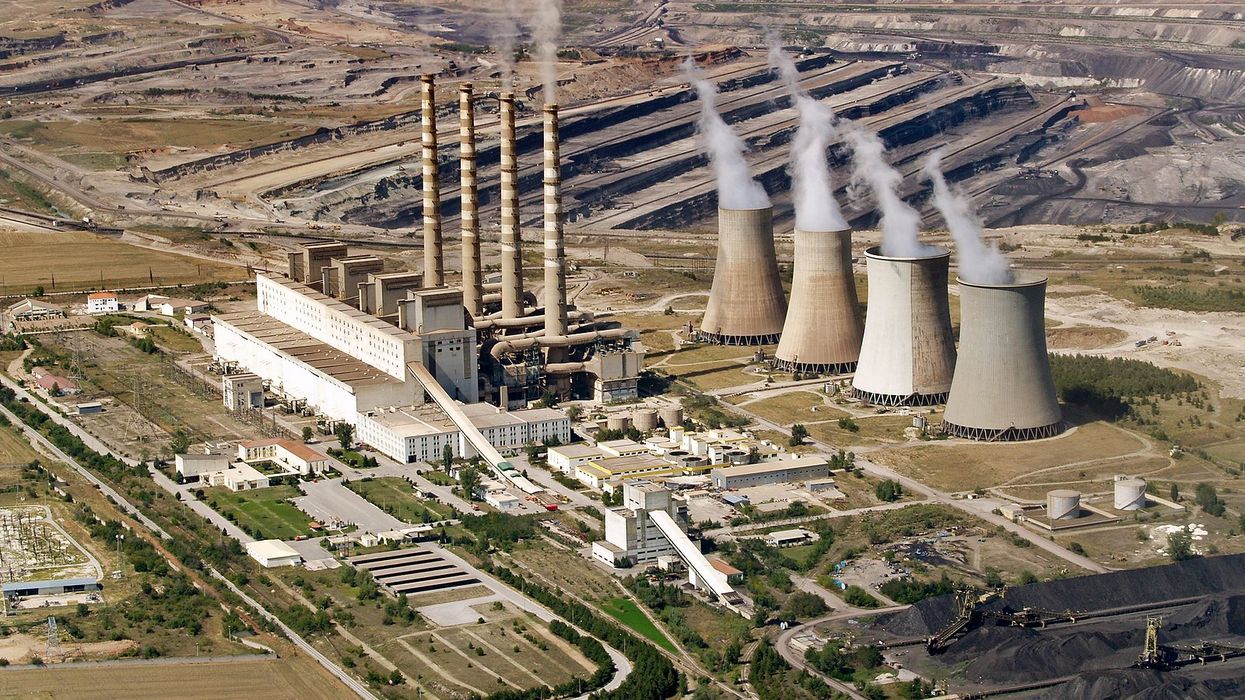The International Thermonuclear Experimental Reactor, a multinational project aimed at creating a clean energy source through nuclear fusion, faces significant delays and cost overruns, jeopardizing its future.
Robin McKie reports for The Guardian.
In short:
- The International Thermonuclear Experimental Reactor (Iter), initially projected to produce energy by 2020, has faced delays due to COVID-19, cost overruns and design changes, with completion now pushed to 2039.
- Critics warn that Iter, now costing over $25 billion, risks falling behind private companies pursuing faster fusion solutions.
- Researchers remain hopeful about Iter's potential, particularly in generating tritium, essential for fusion, despite its challenges.
Key quote:
"The trouble is that Iter has been going on for such a long time, and suffered so many delays, that the rest of the world has moved on."
— Robbie Scott, UK Science and Technology Facilities Council
Why this matters:
Nuclear fusion holds the promise of providing a virtually limitless and clean energy source, which could significantly impact global energy sustainability. However, if Iter fails to meet its goals, the project's credibility and future funding could be at risk, potentially slowing progress in fusion research.














